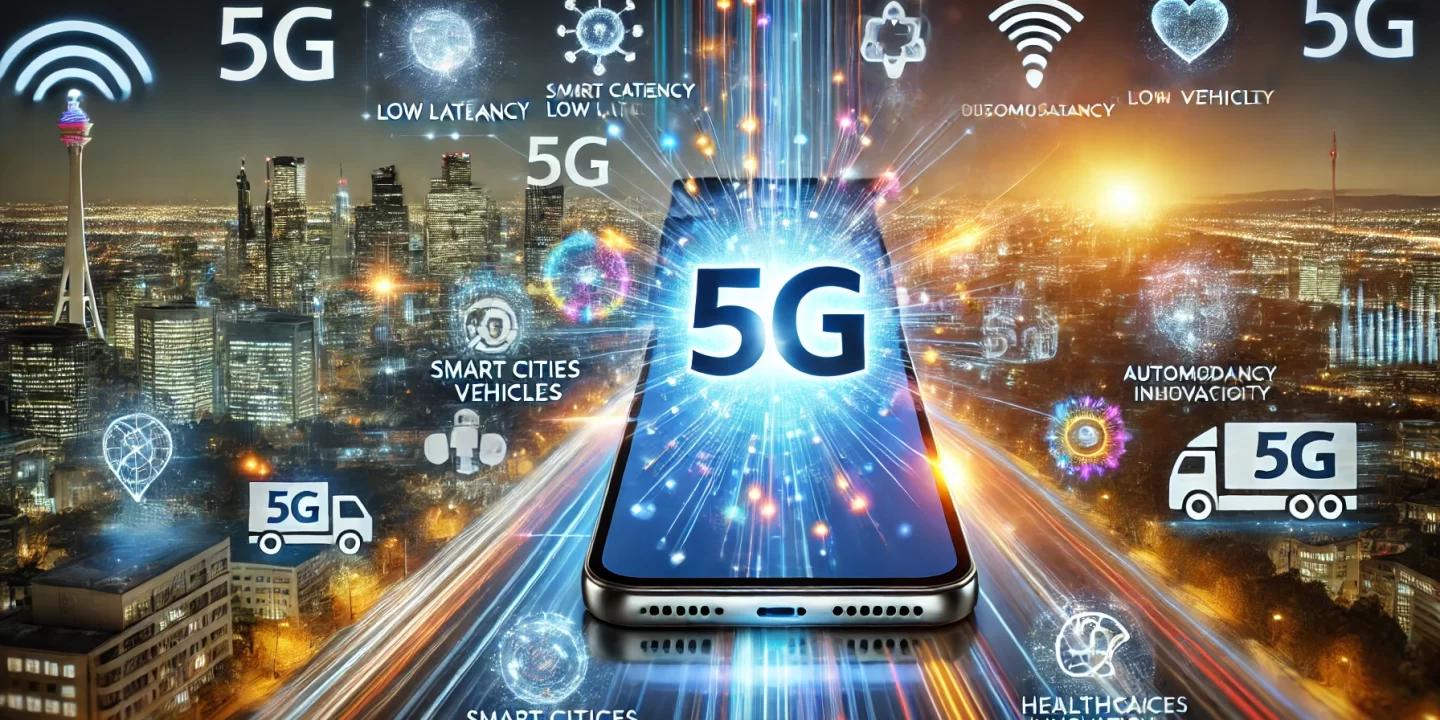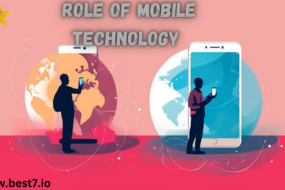
One of the greatest technologies that focused on the enhancement of mobile connectivity and the way people interact with the digital world is the introduction of 5G. With the development of telecommunication companies providing access to 5G in urban and remote areas, people’s lives have changed as far as connectivity is concerned.
The future of connectivity will be marked by faster speeds, high reliability, and capacity that is expected to revolutionize such spheres as health, transportation, and entertainment, i.e., the areas of carrying out daily activities.
Unprecedented Speeds and Connectivity
5G will provide high-speed internet whereby downloads and uploads of information will go beyond the capacity provided by the current 4G LTE. Based on the knowledge of the performance of 4G networks, its satellites provide download speeds of about 20-100 Mbps. On the other hand, 5G technology is anticipated to be the fastest innovation ever, with speeds of up to 10 Gbps, implying a tenfold increase in mobile internet speed.
Such a huge leap will facilitate high-definition video streaming in addition to quicker downloads of large files. It is estimated by Ericsson that by 2026, over 60% of mobile subscriptions will be linked to 5G networks, a clear indication of how communities are rapidly adopting this advanced technology.
Reliability and Low Latency: The Core of 5G Technology
The benefits of 5G technology are not limited to higher internet speeds; the technology is expected to result in greater reliability in terms of connectivity. These networks will have a lower latency level, possibly in the range of 1 millisecond, compared to the 20-30 milliseconds of 4G networks. This will enable instantaneous data transfer through 5G networks, revolutionizing applications like virtual and augmented reality that depend on low latency.
5G and the Internet of Things (IoT)
It is important to note that the integration of the Internet of Things (IoT) will also be enhanced by 5G technology. 5G’s capability to connect millions of smart devices simultaneously will be crucial. GSMA assumes that the number of IoT-connected devices will reach 25 million by 2025. As a result, smart cities, connected cars, and smart appliances will become realities, contributing to the development of smarter and more sustainable cities around the world.
5G’s Role in Healthcare Innovation
Healthcare is another area of development that will significantly benefit from 5G technology. With gigabit-per-second speeds, this capacity can be revolutionary in healthcare. Remote patient monitoring, telemedicine, and real-time data sharing will become more accessible.
Robotic surgeries, operated by surgeons hundreds of miles away, will be made possible by the seamless connection provided by 5G networks. A McKinsey Global Institute study suggests that telehealth could save the U.S. healthcare system between $200-250 billion.
Transforming Transportation Systems with 5G
The use of 5G will also revolutionize transportation systems. Its low latency and high-speed data transmission capabilities will enable real-time communication between vehicles and traffic infrastructure, increasing road safety, reducing traffic, and improving transportation efficiency. According to the World Economic Forum, connected vehicles equipped with this technology could save 400,000 lives and $1.2 trillion per year.
Economic Impact of 5G Across Industries
The significant effects of 5G will be felt across industries, boosting the global economy. Gartner predicts that by 2035, the economic impact of 5G technology will reach $13.2 trillion. Innovations across healthcare, transportation, entertainment, and other sectors will drive this economic boom, creating millions of jobs and leading to telecommunications infrastructure investments estimated to reach $1 trillion over the next decade.
Smart Cities: The Future of Urban Living
The advances of 5G will shape the future of connectivity, allowing smart cities to become a reality. Smart cities integrate technology into the management of urban spaces, relying on connectivity through mobile devices to operate. Public services such as waste management, transportation, and emergency response will benefit from the real-time data made possible by 5G connections.
Business Efficiency and 5G Integration
5G will also accelerate digital transformation for businesses, offering operational efficiencies that could increase productivity by up to 30%, according to an Accenture study. Companies adopting 5G will achieve significant cost savings, outperform competitors, and secure market dominance.
Challenges and Ethical Considerations in 5G Adoption
While the potential of 5G is vast, challenges remain, particularly in data security, privacy concerns, and bridging the digital divide. Policymakers, telecommunications providers, and technology companies must work together to address these issues to ensure ethical implementation of 5G.
A Future Driven by 5G Technology
The deployment of 5G technology will redefine communication, connectivity, and innovation across industries. From healthcare to manufacturing, the transformative power of 5G will improve efficiency, enhance quality of life, and drive economic growth for years to come.












